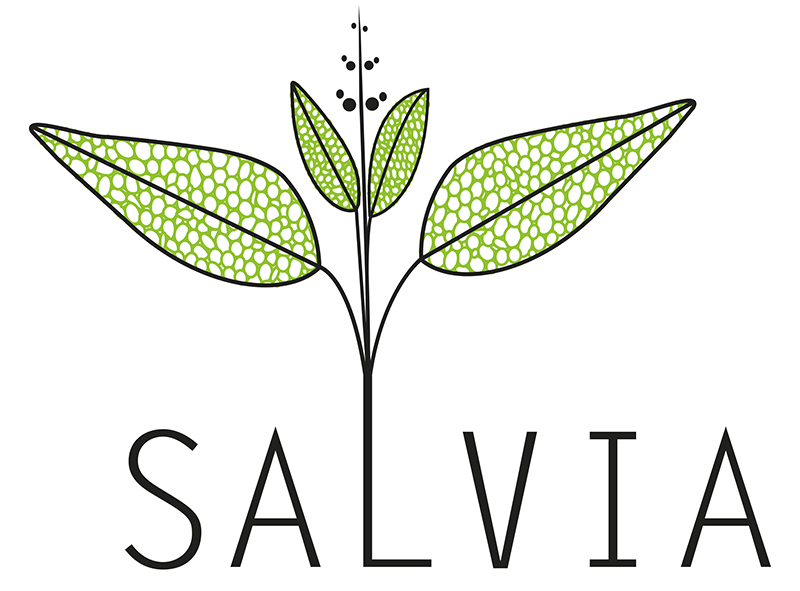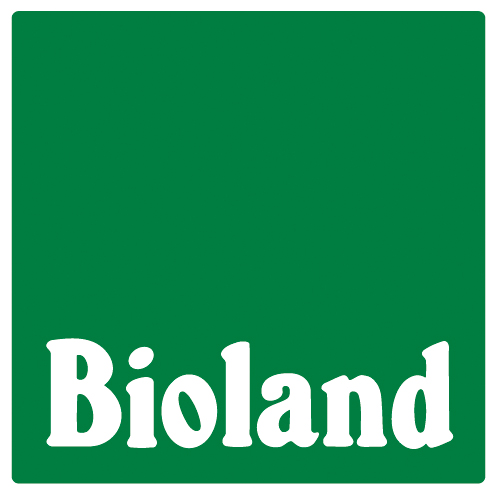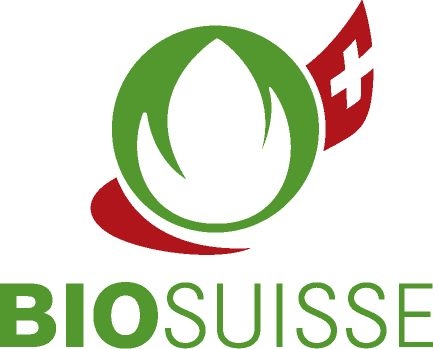
Organic seeds
Plant reproductive material for organic farming
With its vast array of crop varieties, organic farming contributes substantially to the evolution of genetic diversity and sustainable agriculture, and to a wide choice of products for consumers. Whether it is a fresh organic carrot, or the cereals for your organic bread – they all start from a seed. Organic farming strives to apply organic standards to a plant’s entire life cycle. This includes using organic seeds for organic crop production.

The organic sector strives to apply organic standards to the entire life cycle of a plant, including the production and use of inputs such as seed. Organic seeds and other organic plant reproductive material (PRM), such as seedlings and cuttings, come from mother plants that have been produced according to organic principles. Organic seeds and organic PRM can be produced from any plant variety, as long as it is not a GMO (genetically modified organism).
Organic plant varieties (or, more precisely, organic varieties suitable for organic production), are varieties that are characterised by a high level of genetic and phenotypic diversity and have been bred specifically for use in organic farming. Organic farming systems need this diversity as it can improve resilience, performance, and yield stability. In order to cater for the needs of local organic production in all parts of Europe, organic farmers need varieties that are adapted to regional climatic and organic growing conditions. Likewise, organic farmers need traditional and local varieties, often for local consumers who demand the typical products of their home regions. This highlights how important both organic plant breeding activities, and organic variety conservation activities are for farmers and consumers, and for stimulating consumption of local products.
A specific type of PRM in organic farming is the so-called organic heterogeneous material (OHM), which is more genetically diverse than a variety and for which rules have been defined in the organic regulation.
The possibilities in the new Organic Regulation (EU) 2018/848 are an important step to increasing and diversifying seeds and other plant reproductive material available to organic farmers. Yet for many cultivated plant species there is still little or no choice of organic seed.
IFOAM Organics Europe…
- Advocates for increasing the availability and diversity of genetic resources available and authorized for organic farming;
- Provides recommendations to policymakers on the particular needs of the organic value chain. We focus on the regulation surrounding seeds and other plant reproductive material;
- Has a seed expert group providing expertise used in our policy work on Seeds, GMOs & Intellectual Property Rights;
- Collected messages, arguments, and visuals on organic seeds for its members (you need to be a member to access these, contact [email protected] for access rights and information about membership);
- Coordinated the Horizon 2020 LIVESEED project that aimed to increase the availability and use of organic seed in Europe and is partner in the current LIVESEEDing project that succeeds LIVESEED.

Recent and ongoing processes
The possibilities in the new Organic Regulation (EU) 2018/848 are an important step as they bring the market closer to increasing and diversifying seeds and other plant reproductive material available for organic farmers. Yet all depends on the implementation of the new provisions. The new regulation, which has entered into force in January 2022, allows organic farmers to access heterogeneous material, apart from varieties. Heterogeneous material is very genetically and phenotypically diverse, and this diversity improves resilience and helps conserve biodiversity. A process has also been set into motion to adapt the registration criteria for varieties for organic production.
The EU legislation on marketing seed and plant propagating material (SPPM) consists of twelve basic acts. A complete overview on the specific legislation is available on the EU Commission’s website. There is an ongoing process of reviewing the EU rules on plant reproductive material The EU Commission has presented a proposal for a new regulation on the production and marketing of PRM in 2023. The Parliament has adopted their position on this legislative proposal in April 2024. Currently, the proposal is being discussed in the Council of the European Union. All three institutions will then negotiate a final version of the regulation. We currently expect this for 2025. IFOAM Organics Europe is representing the EU organic sector and movement in this process.
Legislative background
Organic seed needs to comply with more rules than conventional seed. EU legislation defines these rules in twelve basic acts prescribing registration in the EU common catalogue for varieties (Directive 2002/53;55) and conventional regulations on seed quality. Additionally, organic seed needs extra certification before producers can market it as organic seed (Organic Regulation (EU) 2018/848).
The organic regulation prescribes the use of organic seed. Yet for some cultivated plants, no organic seed is available for farmers. To bridge the gap between organic seed supply and demand, national and European regulations defined certain circumstances permitting organic producers to use non-organic seeds.
Organic farming needs more diverse organic Plant Reproductive Material (seeds and vegetative propagation material), and harmonised and true access to a wider range of cultivars adapted to regional climatic and organic growing conditions. The possibilities in the new Organic Regulation (EU) 2018/848 are an important step to increasing and diversifying seeds and other plant reproductive material available for organic farmers.
Derogations foreseen in the new regulation make sure farmers have continued access to non-organic seed when organic alternatives are not available. However, rules to phase out the use of conventional untreated seed are essential to stimulate the use and production of organic seed.
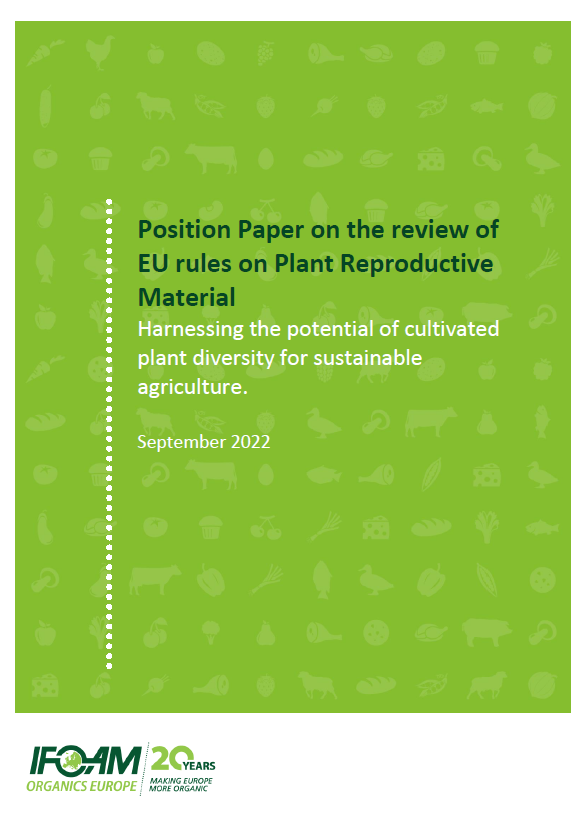
For our position on the revision of the rules for production and marketing of plant reproductive material, please refer to our 2022 position paper.
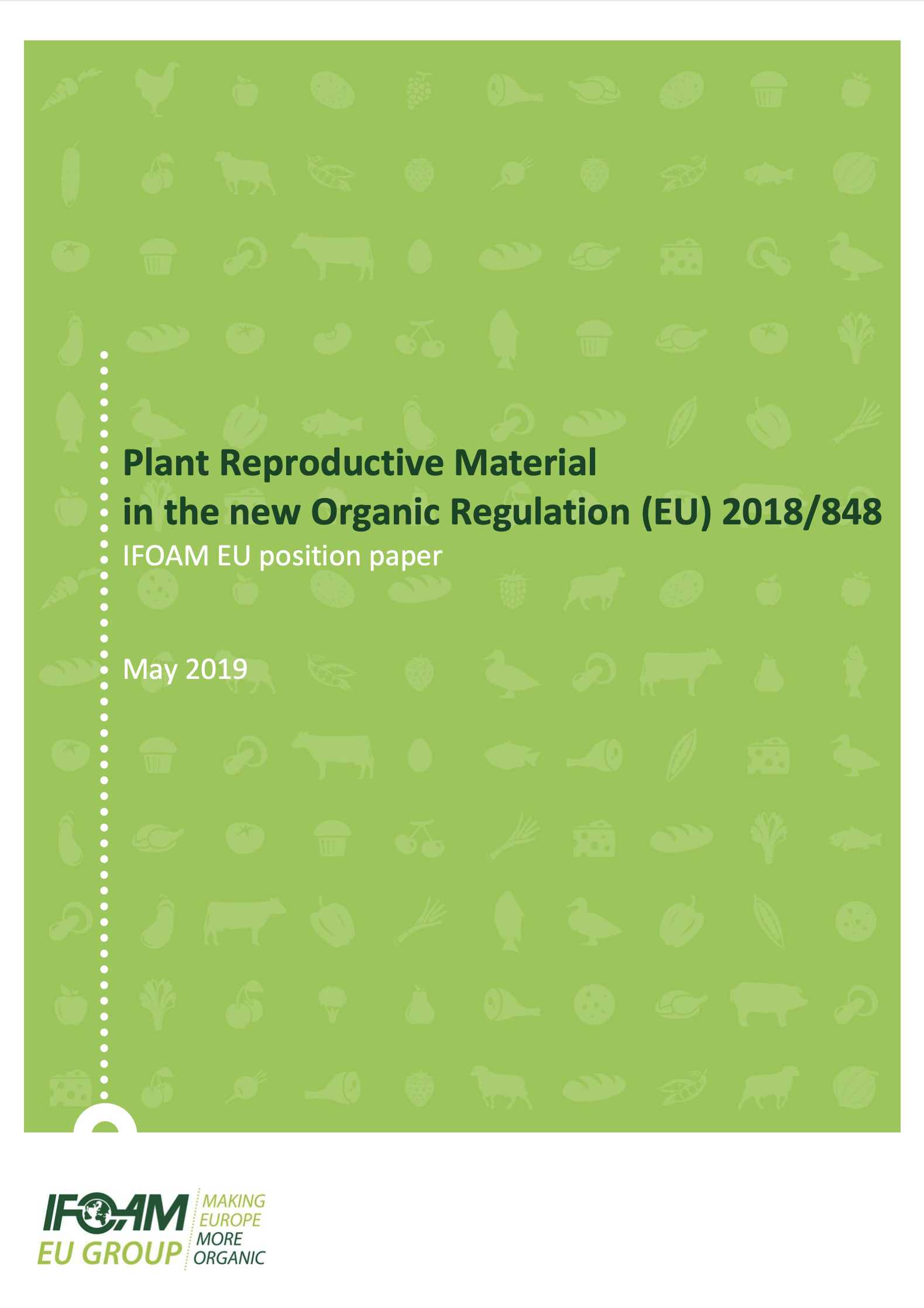
For our complete position on plant reproductive material in the new Organic Regulation (EU) 2018/848, read our 2019 position paper.
LiveSeeding
Short description
The LiveSeeding project, succeeding the LIVESEED project, aims to accelerate organic farming and the transition towards sustainable food systems by boosting organic plant breeding, cultivar testing and seed production resulting in improved availability of vigorous organic seed of resilient, stable performing cultivars suited for organic production of a large range of crops and strengthening the organic seed sector taking into account the fast growing demand, regulatory settings, different level of development, governance models and scales of initiatives and enterprises in their local context.
Expected results
The project partners conduct studies on the production and use of organic seed, organic cultivar testing, the EU Member States’ legal frameworks, functionality of seed databases and the demand of seed suppliers and users for the organic seed market. The project combines activities that increase both the supply (PUSH) and demand (PULL) of organic seeds and cultivars across the sector and feeds into the development of an enabling policy environment (ENABLE). The project follows a holistic, multi-actor and participatory approach, with various stakeholders involved through 17 Living Labs, bringing together breeders, consumers and citizens.
Documents
Project website: https://liveseeding.eu/
Financial supporters

Organic movement activities on Seed Diversity and GMO Regulation
Short description
The organic movement faces new challenges. The pressure to exempt new genetic engineering techniques from the Regulation is as high as ever, which means that the safeguard for genetic resources free of genetic modification is at stake. Moreover, organic seeds development is gaining priority, to enable organic to build a seed sector that is adapted to the (low input) conditions of organic farming and to harness the potential of cultivated plant diversity.
Europe needs an integrated approach to protect genetic resources and enable transparency and the capability to produce without GM – for organic and conventional agriculture. So, IFOAM Organics Europe has launched the project ‘Organic movement activities on Seed Diversity and GMO Regulation’, which aims to:
- Strengthen regulations of new genetic engineering techniques to ensure transparency in the food chain and maintain the ability to produce GMO-free, including for organic;
- Create a favorable legislative framework to increase the diversity of genetic material available for farmers, facilitate market access of organic varieties and boost production and use of organic seeds;
- Unite the organic movement, NGOs, and other food chain stakeholders to develop a common vision and actively engage in the legislative process on the regulation of new genetic engineering techniques for food & agriculture.
Financial supporters

Breeders and farmers put into practice breeding methods at the farm level to respond to the specific needs of organic agriculture. Organic farmers are most commonly involved in plant breeding projects evaluating and selecting varieties as they have hands-on knowledge of crops and cultivation methods in organic systems. The focus of these participatory breeding programmes is preserving and/or recultivating heritage varieties and developing new varieties adapted to organic farming conditions. In this section you find two inspirational examples.
In Italy, the organic farm ‘Podere Santa Croce’ hosts conversations on and a field catalogue with landraces from all over Italy. The farm keeps 130 local varieties of wheat in search of varieties with the best qualitative properties. They also collaborate with the University Bologna to regenerate old varieties.
In The Netherlands, the potato is an important crop for the organic sector. The sector urgently needs new cultivars resistant to the most important disease; late blight (Phytophthora infestants). To make this possible, breeders, growers, seed companies and retail have joined forces. Their goal is to achieve 100% robust varieties of organic potatoes by 2020 and they want to upscale production, cultivation and sales of robust organic varieties through an integrated approach, as specified in the potato covenant.
In 2012, the Hungarian Research Institute of Organic Agriculture (ÖMKi) launched a participatory research project on the usability of Hungarian tomato landraces on organic farms. The aim of this project was to reintroduce landraces that were most suitable for organic production and hence, enrich genetic biodiversity of plants farmed in Hungary and preserve the country’s valuable agricultural heritage. The project made use of an on-farm research network that is based on the active participation of farmers, and the number of participants has been increasing continuously since 2012. (project still ongoing: ÖMKi – Research with the participation of Hungarian farmers). Read more about this initiative on euorganic2030.bio.
IFOAM Organics Europe’s members working on organic seed can apply to become part of the seed expert group. Contact [email protected] for more information.
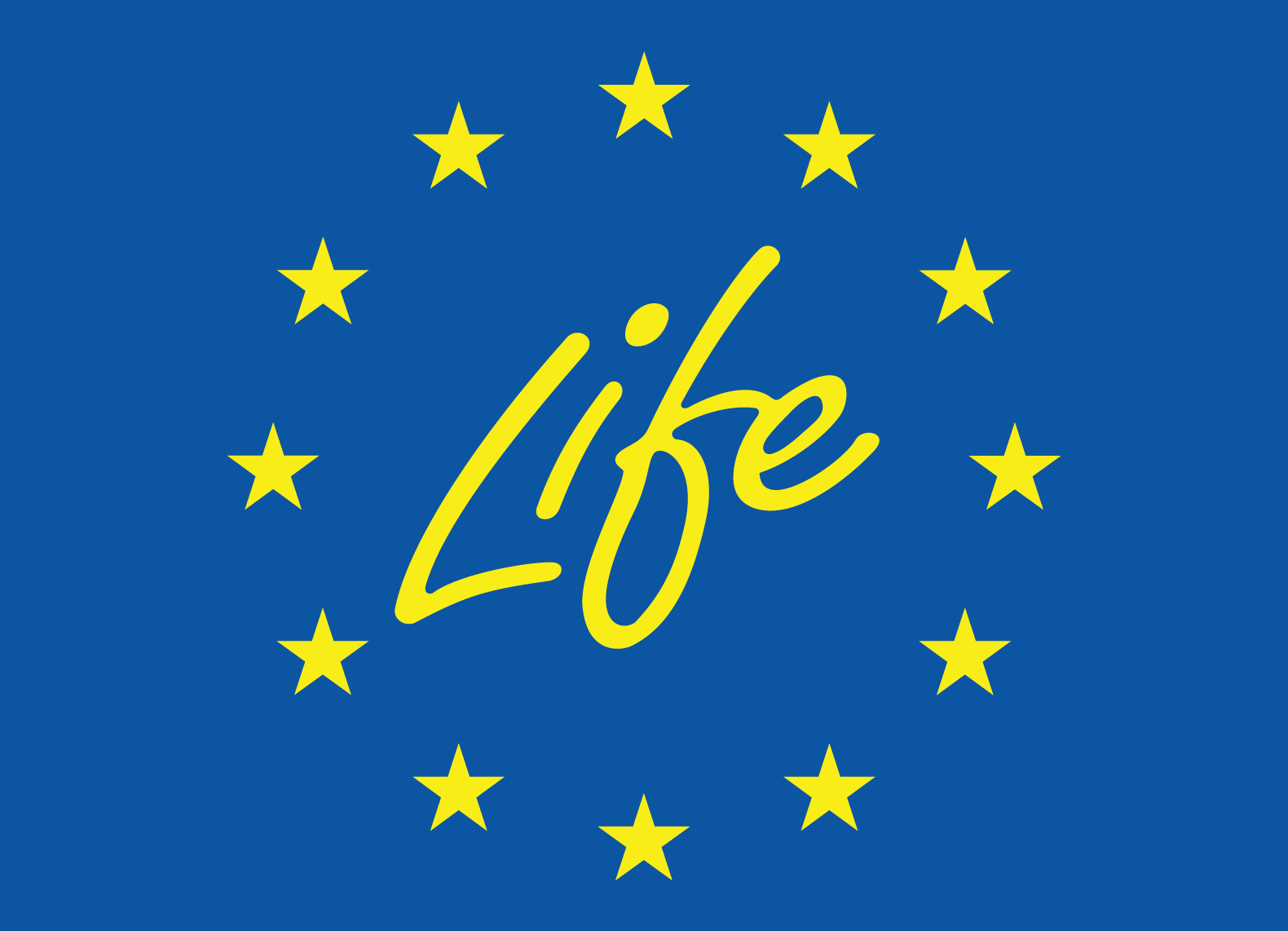
The work of IFOAM Organics Europe on this topic is co-financed by the LIFE programme of the European Union, under the Climate, Infrastructure and Environment Executive Agency (CINEA). This page only reflects the views of the authors and its sole responsibility lies with IFOAM Organics Europe. The CINEA is not responsible for any use that may be made of the information provided.
Cover image’s credits: LIVESEED project.


